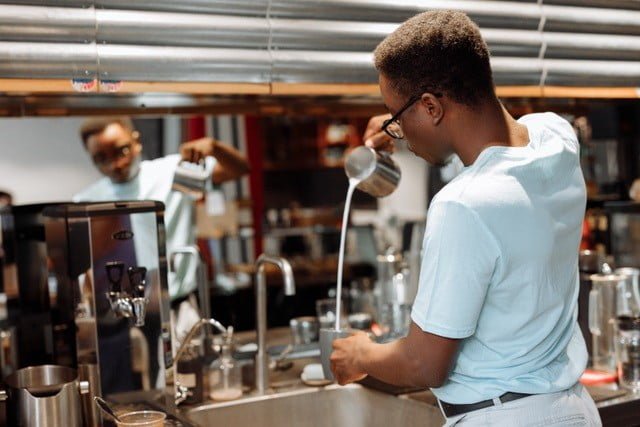Across the country, many towns or cities depend on a level of student labour across a number of sectors, particularly hospitality. As operators gear up to welcome new and returning student employees in September, workforce management specialists Bizimply are launching new features designed to help businesses make the most of these valuable team members.
Most operators recruit students for their flexibility, enabling them to fill the gaps in their staff rotas. It’s an arrangement that suits both employers and employees. However, juggling students’ availability around their lectures can be a challenge for whoever has to create the staff rota. This is why Bizimply’s ‘Unavailability’ and ‘Deactivate/Reactivate’ features are being welcomed by their customers.
The Unavailability feature allows managers – or the team members themselves, via their employee portal – to mark students as unavailable for work around their weekly lectures, eg every Monday and Thursday mornings. A second Deactivate/Reactivate feature makes it easier for operators to manage students’ longer-terms unavailability, eg returning home for the holidays. Operators can find out more about both features by booking a free demo with Bizimply.
One Bizimply customer who is seeing the benefits of the new features is Vinnie King, an area manager with Costa Coffee who employs six students across eight sites in East Anglia. He says: “Our part-time students generally want to work a couple of four-hour shifts per week around their studies.
“If you’re running a busy store with a number of student workers, it can be hard keeping on top of everyone’s timetables when putting together the staff rota, so the Unavailability feature is a great help as they’re automatically taken out of the pool for their lecture periods every week.” It’s equally useful for managing other part-time employees such as parents who can only work during school hours.
King also sees the value of the Deactivate/Reactivate tool. “We tend to take on students during their A-level years. They work part-time for us and then go off to University. When they come home for the holidays, they often want to work, and we encourage them to return to us. In these periods they’re usually available full-time, plugging the gaps of other team members’ holidays or childcare commitments.
“We’ve had students who’ve worked with us in this way for 4 or 5 years, from starting A-levels to finishing Uni, and several have then gone on to build a career with us.”
The Deactivate/Reactivate feature is ideal for marking students’ term time and holiday availability. When they go off to University in September, they’re deactivated on the Bizimply platform, and when they come back at Christmas ready to work, they’re reactivated. It’s simpler and more flexible than taking employees off a system and then adding them back just months later and can be used to mark other longer periods when students aren’t wanting work shifts, e.g., when revising for exams.
King adds: “Like all hospitality businesses, we’ve had our share of challenges during lockdowns and subsequent reopening’s, and as trade has picked up over recent months, we’ve been glad of students coming home who know the ropes and can jump straight into a busy store. Their loyalty validates our approach of taking on young students and nurturing them through their study years – several have been promoted up to supervisor, which gives them extra responsibilities and money, and adds value to their cv.”
Bizimply CEO Conor Shaw said: “So many of our hospitality customers rely to some extent on students and it’s a relationship that brings benefits to employer and employees. Managing a team where some members are unavailable for certain shifts and not able to work for months at a time, was clearly making staff rota creation more time-consuming than it needed to be.
“We’re pleased to have created these two new features which, like all Bizimply tools, are designed to help hospitality businesses reduce time spent on staff rosters and payroll and free up GMs and supervisors in bars, pubs and cafes. They are then able to spend less time on admin and more time front of house, coaching staff members, interacting with customers and delivering a memorable experience that leads to happy, returning guests and motivated teams.”
